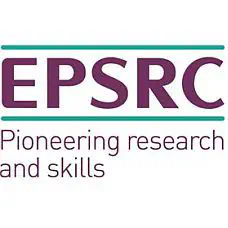New Investigator Award

Hurray, we got the New Investigator Award by the EPSRC. The award will provide two years of funding for a project about Quantum bright solitons.
Particles at ultra-low temperatures can show surprising quantum effects, such as tunnelling and entanglement. Typically, those quantum effects are strongest for individual particles but decrease for large many-body systems. Especially many-body systems of bosons, i.e. particles which allow for a simultaneous occupation of the same state, are well described by a collective wave function, with similar properties as a classical fluid. The crossover between this classical, fluid-like regime and systems with individual particles is currently studied, and the particle number, required to observe quantum effects, is actively debated. The goal of this project is to detect and study two states of ultracold atomic gases in this crossover regime - “quantum bright solitons”’ and large “cluster states”. Both states are expected to exist for similar experimental parameters with between five and a few hundred atoms, but they approach the crossover regime from opposite sides.
Bright solitons are dispersionless wave-packets that propagate without changing their shape, and they present a typical property of nonlinear fluids. For reduced particle number, bright solitons are expected to acquire properties which are characteristic for a single quantum object, such as discrete tunnelling, uncertainty relationships and entanglement. Cluster states on the other hand are loosely bound states of few particles, similar to molecules. They are expected to lose quantum properties with increasing particle number. The goal of the project is to experimentally prepare bright solitons and cluster states with a well-defined number of ultracold atoms, and to probe the properties of the system as the atom number is changed.
The research will broaden our understanding of the boundary between few-body and many-body physics, and it has the potential to advance technical applications, e.g. with the development of new quantum technologies based on large and complex quantum states.
You can find more information at the EPSRC webpage.